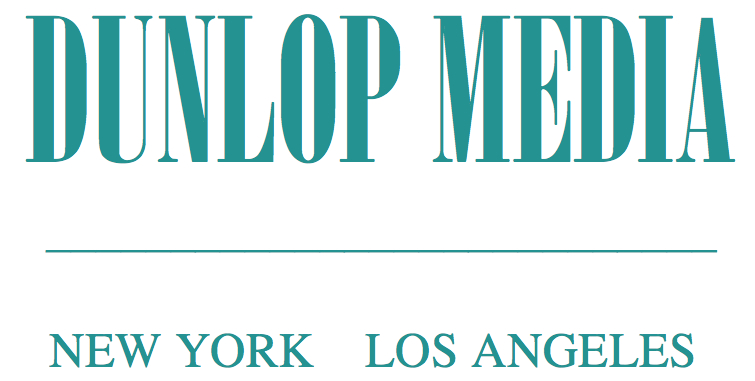Media commentary by Steve Dunlop
LIsten to podcast version here
A lot of people have asked me over the last few years: Why aren't you on Facebook?
The answer is because I don't want to mess with friendship.
"You don't lose when you lose fake friends." - Joan Jett
I'm not declaring a pox on all social media. Quite the contrary. We were an early and enthusiastic adopter of LinkedIn, which for most professionals makes a good deal of business sense. And I don't want to slam businesses that find Facebook a valuable tool to engage their customers. (I'm not so sure about that value, but that's a different column.)
I had a personal aversion to Twitter when it first hit the scene, but there is no denying that it has evolved into a quick, top-line way to communicate to your friends and colleagues in a flash. If the original slogan had been "look what I just found out," instead of "what are you doing right now" (as if I care?), it might have sat better with me.
But I can't say any of these meritorious things about Facebook. I'm not saying you'll never, ever find us there - just not in the near future.
I don't get how anyone can "friend" thousands of people on Facebook without feeling like a bit of a charlatan. The comedian Steve Hofstetter reportedly accumulated some 200-thousand "friends" on Facebook before the service, smelling the coffee, reduced the number of allowable "friends" to 4,999. (How's that for housecleaning?)
You can send thousands of tweets, and accumulate thousands of business contacts, but you cannot have thousands of friends. Friendship, says the Oxford English Dictionary, is "a relationship between two people who hold mutual affection for each other." If you could imagine a straight line connecting two points - with casual acquaintanceship at one end and romantic love at the other - friendship would lie roughly in the middle.
Can I really rely on thousands of people to build me up when I'm feeling down or alone? Or count on those hordes to honor their word when I need to confide something? Can I, in turn, live up to their expectations? Especially when there are just so many of them?
We live in a time when the traditional rules governing human relationships are being reevaluated, and sometimes rewritten. Please don't mess with friendship. It is a basic human need, based on shared outlooks, experiences, and interests. We all need to be able to distinguish our real friends from the acquaintances, cutouts, and assorted mirages.
One of my favorite records from the 1980s - it was a hit, in fact, a full year before Facebook founder Marc Zuckerberg was born - sums it up for me. Maybe it will for you, too.




